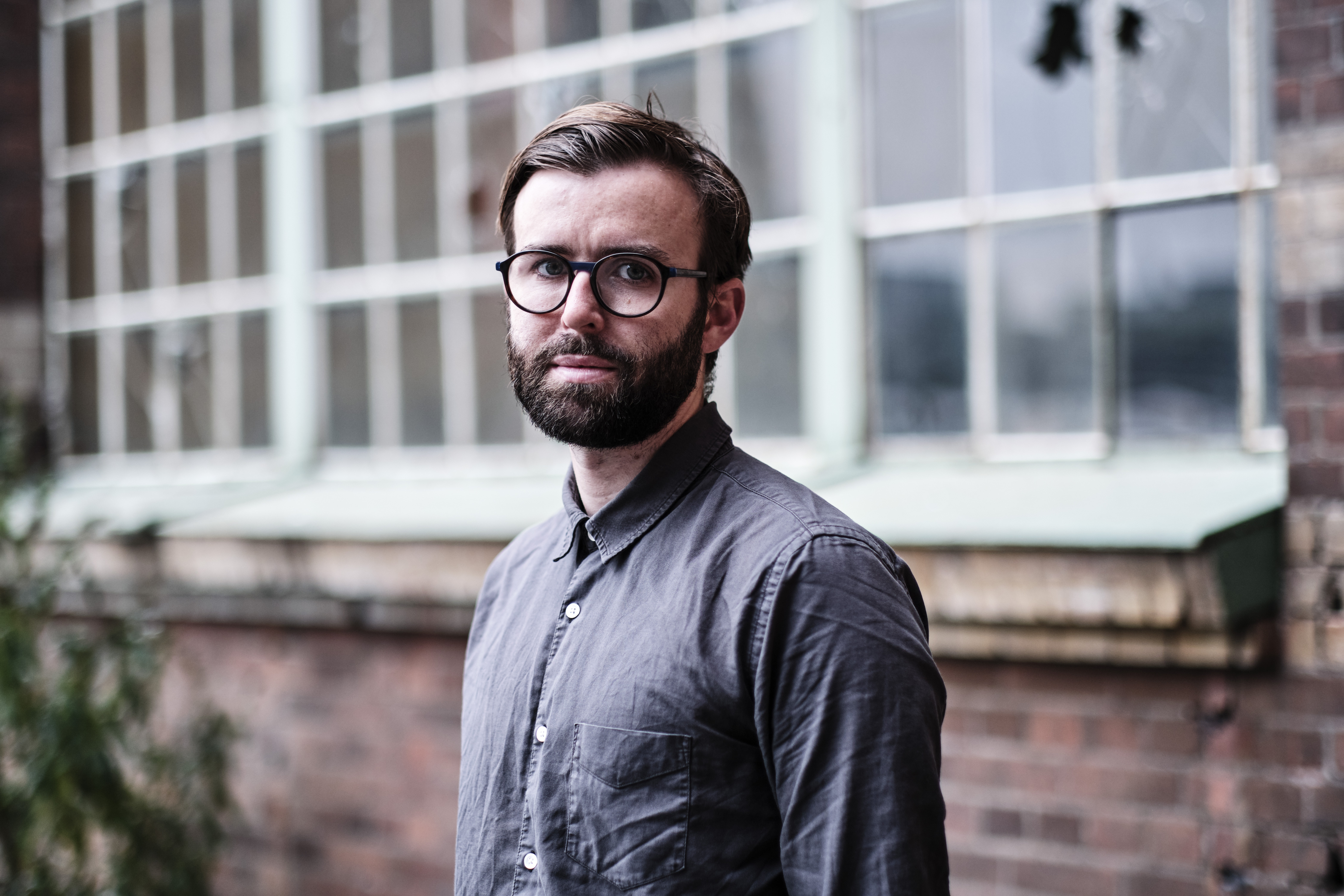Post-Truth, Fake News and Democracy
A talk by Johan Farkas, University of Copenhagen. Held Wednesday December 6th 2023 from 14.00 to 16.00.

The Centre for Internet Studies is happy to host Johan Farkas, Ph.D., for a talk about his up-coming book Post-Truth, Fake News and Democracy.
The talk will take place in Danish, but we will switch to English if there are non-Danish speakers present.
Everybody is welcome. No sign up is necessary!
- Wednesday December 6th 2023 from 14.00 to 16.00. Lunchroom, Nygaard Building (5335), Helsingforsgade 12, 8200 Aarhus N.
A dominant narrative of our time is that democracy has entered a new post-truth era, disinformation age, infodemic, or post-factual state. Fake news is supposedly spreading and replicating like a virus, as people are increasingly trapped in alternative worlds or realities. Unless radical measures are taken, this narrative often goes, democracy might cease to exist as we know it.
In this talk, Johan Farkas critically dissects contemporary discourses around fake news, post-truth, and infodemics, arguing that they not only fail to adequately capture contemporary societal problems, but also potentially end up legitimizing anti-democratic solutions in the name of saving democracy.
Drawing on critical political philosophy, Farkas showcases how proposed and implemented solutions to fake news often reproduce an ahistorical and one-sided understanding of democracy that neglects core values such as egalitarianism, participation, and popular sovereignty.
The talk builds on the forthcoming second edition of the book Post-Truth, Fake News and Democracy: Mapping the Politics of Falsehoods (co-authored with Jannick Schou, published by Routledge).
Bio - Johan Farkas
Johan Farkas is a postdoctoral researcher at the University of Copenhagen’s Department of Communication. Here, he is part of the project ‘Tell Me the Truth: Fact-Checkers in an Age of Epistemic Instability’ funded by the Carlsberg Foundation. Farkas has written more than 20 peer-reviewed publications, featuring in journals such as New Media & Society, Journalism Studies, Social Media + Society, and Critical Discourse Studies. He is author of the book Post-Truth, Fake News and Democracy: Mapping the Politics of Falsehood (co-authored with Jannick Schou), which will be published in a second edition in December 2023. Farkas is a frequent contributor to journalistic coverage of disinformation and has given expert testimonies to institutions such as the Council of Europe and Swedish Ministry of Culture.
Website: http://johanfarkas.com
Twitter: https://twitter.com/farkasjohan
Mastodon: https://mastodon.online/@jfarkas
More information about the book:
Excerpts from endorsements for the forthcoming book:
”This is a book that not only deserves to be widely read, but which should also inspire movements and campaigns.”
— Colin Crouch, Professor Emeritus at the University of Warwick
“This is a contemporary classic and I cannot recommend it highly enough to anyone - scholar, student, journalist or concerned citizen - seeking to understand the challenges of our media-saturated world.”
— Lilie Chouliaraki, Professor at The London School of Economics and Political Science (LSE).
The book is a call to decouple academic work from trends, hot takes, and think pieces about "infodemics" and "fake news," enabling us to rethink our assumptions about democracy and imagine more radical futures.”
— Alice E. Marwick, Associate Professor at the University of North Carolina at Chapel Hill.
“A wonderful scholarly polemic that argues that 'fake news' and 'misinformation' are not new but hard-wired into a media system that is skewed by the distortions and exclusions of corporate power and liberal democracy... Essential reading to make sense of post-truth discourses.”
— Des Freedman, Professor at Goldsmiths, University of London.
